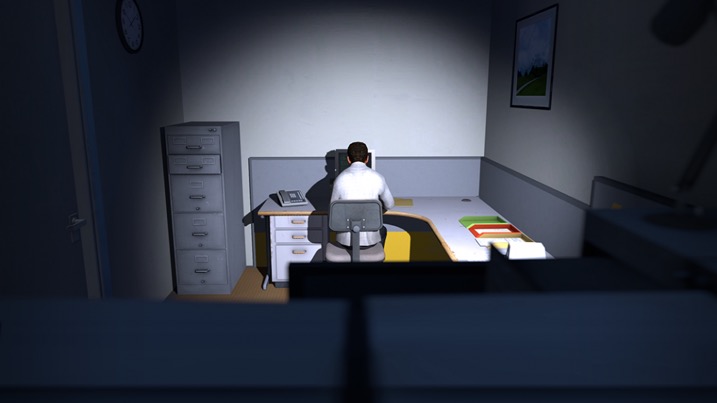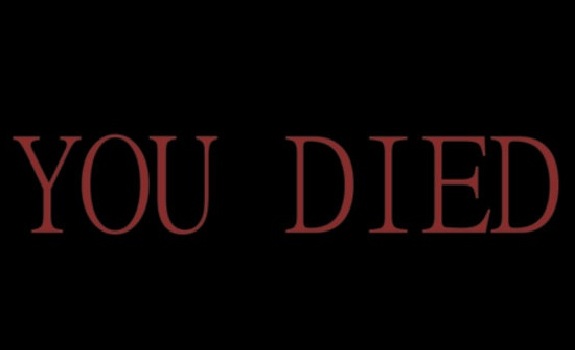Roguelikes and Story

I’ve written about roguelikes before, but one thing about these games has always been limiting, at least in my opinion. The implementation of a story (or lack thereof) constrains these titles, prevents them from being something other than a casual endeavor to pick up and play when the mood strikes, and then drop after a particularly frustrating death. As a genre, it hinges on gameplay and mechanics so much because mastery and its pursuit is what keeps players coming back.
The idea of “grokking”, of not only understanding the mechanics of the game, but absorbing them enough that it enables you to look at the game differently, is the bread and butter of the Roguelike/lite genre. Sure you want to reach the end of the dungeon and fight the last boss, but even after that, you will endlessly chase the perfect run, the platonic ideal of what a playthrough could be, where everything comes together just right, with all of the correct pickups and weapons to make playing a breeze.
Dying to Win - Death as a Gameplay Mechanic

If you’ve been playing games for any period of time, you’ve likely died a lot. You’ve thrown yourself against the video game meat grinder and come out the other side. There are games almost built around the idea of death as a crucial part of the game and players treat their completion like a badge of honor. Dark Souls: Prepare to Die, Rogue Legacy, and so many more take death and turn it from an inconvenience into a mechanic. But on the other side you have games like Super Meat Boy or Bioshock, which do their best to make death as little of an inconvenience as possible, and making it a fun part of the game.